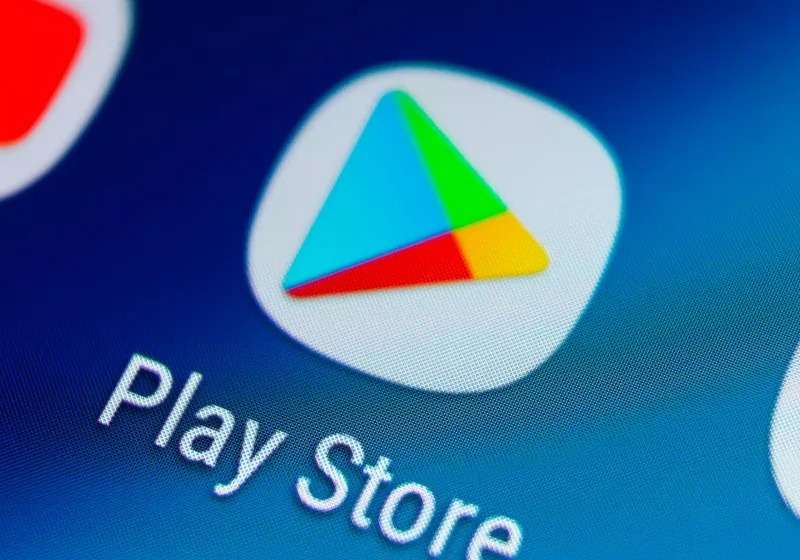Google to Pay $700 million to US consumers, states in Play Store settlement.
 By hiddennews
By hiddennewsDecember 19, 2023

Google recently announced a significant settlement of $700 million, which includes $630 million for U.S. consumers and $70 million for a U.S. state fund. This agreement resolves a lawsuit regarding the Play Store that was initially brought to attention in 2021.
The lawsuit accused Google of monopolizing app distribution on Android devices through its Play Store. As a response to these claims, Google has introduced several changes. Notably, in November 2022, Google launched a pilot user choice billing program in the U.S. This program gives developers the flexibility to offer alternative payment options for in-app purchases. Now, as part of the settlement, Google is expanding this program nationwide. This expansion allows developers to display varying purchase costs in their apps, depending on the chosen payment method.
Moreover, Google is working on streamlining the sideloading process. Sideloading, the practice of installing apps from sources outside the Play Store, will be made simpler, though specific details about these changes are yet to be disclosed. While Google maintains that informing users about the potential risks of sideloading is crucial for safety, they plan to revise their messaging to make the process more straightforward.
Wilson White, Google's VP of Government Affairs & Public Policy, emphasized the importance of balancing user safety with ease of use in sideloading. He stated that while Google recognizes the risks associated with sideloading, they are committed to simplifying the process and providing clearer information about these risks.
In addition to these developments, Google highlighted in its blog post that Android 14 would further ease the app upgrade process. The new version will offer enhanced controls for third-party app stores through an API.
This settlement comes at a time when Google is dealing with the aftermath of its antitrust battle with Epic Games. Despite planning to appeal the verdict, Google acknowledges that the case is ongoing and asserts that the verdict failed to recognize the choice and competition provided by their platforms.

